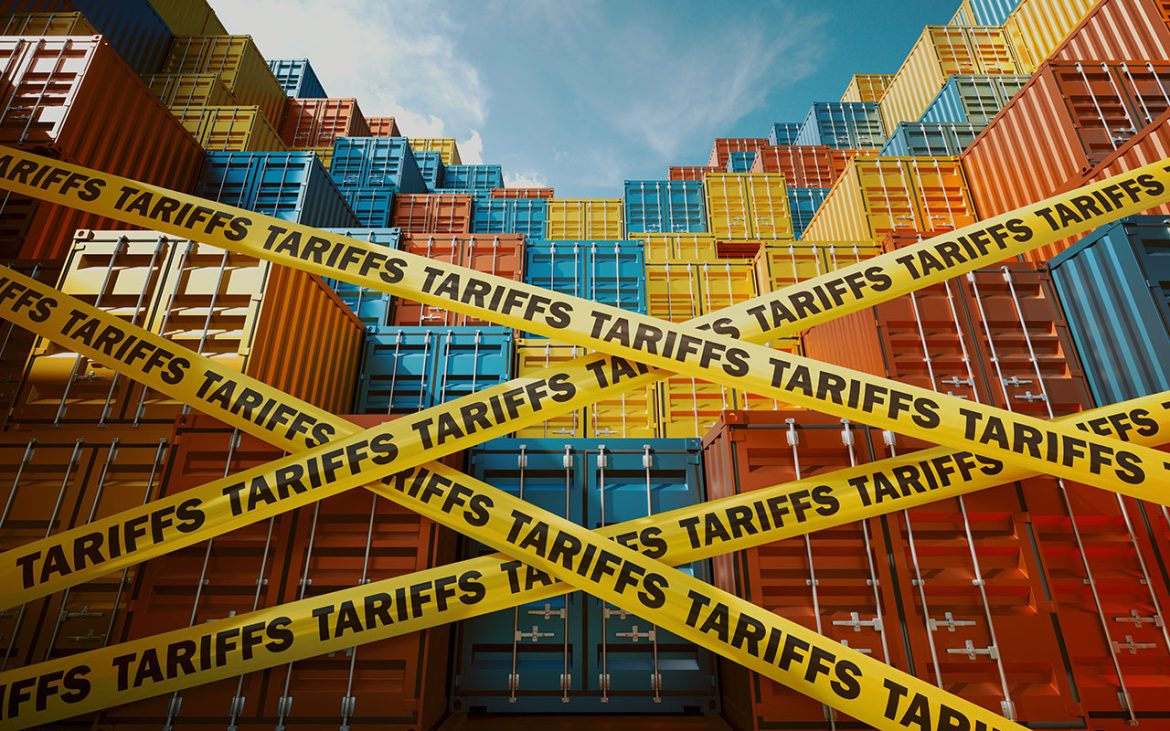

U.S. President Donald Trump announced a 1-year agreement with China regarding rare earth elements and essential minerals, while halving fentanyl tariffs on Beijing as his discussions with Chinese President Xi Jinping wrapped up in South Korea on Thursday.
As he departed from South Korea, Trump informed reporters aboard Air Force One that his meeting with Xi was “extraordinary” and “numerous decisions were made.”
“The rare earth situation has been resolved,” Trump mentioned, noting that this is a 1-year deal that will be re-evaluated annually. He stated that the tariffs on fentanyl will be reduced to 10% from 20%, effective immediately, decreasing the tax on Chinese exports to 47% from 57%.
In exchange, Beijing is expected to “make significant efforts to stop fentanyl” and resume buying American soybeans and other agricultural goods.
Soybean futures traded on the Chicago market fell by 1.6%, while China’s CSI Rare Earths Industry Index saw an increase of more than 2%, based on LSEG data.
Regarding the sale of Nvidia’s chips to China, Trump mentioned that the two parties reviewed “many chips” but did not cover the most sophisticated Blackwell chips. “They will be in discussions with Nvidia and others about acquiring chips,” he stated.
Trump indicated that Taiwan was not included in the talks.
China has not officially verified these details. Its foreign affairs and commerce ministries did not respond promptly to requests for comments.
The U.S. choice to lower fentanyl-related tariffs to 10% addresses “a major concern for China,” said Han Shen Lin, China director at advisory group The Asia Group, indicating that “Beijing’s attempts to limit fentanyl precursor exports, long overlooked by Washington, are finally receiving recognition.”
Trump announced plans to visit China in April, which will be followed by Xi traveling to the U.S., though he did not provide a specific timeline for Xi’s visit.
The outcomes of the meeting, as reported by Trump so far, are “surpassing expectations,” partly due to the strong personal diplomacy between the two leaders that not only prevented escalation but yielded seemingly improbable results, stated Alfredo Montufar-Helu, managing director at Ankura Consulting’s GreenPoint Business.
Nevertheless, tensions will remain as several critical bilateral issues central to the U.S.-China rivalry are still unresolved, he added.
This marked the first meeting between the two leaders in six years, with discussions lasting one hour and 40 minutes.
Leading up to the meeting, the two leaders adopted a conciliatory stance, with Trump referring to Xi as “an old friend” with whom he shares a “very good relationship,” while Xi emphasized that China’s growth ambitions would not compromise Trump’s vision of “Making America Great Again.”
Escalating tensions between the two leading global economies have reached a peak this year. The latest escalation took place this month, with Beijing implementing export controls and Washington considering a ban on software-driven exports to China.
Recently, the U.S. had shared details of desired agreements with China – ranging from controlling the flow of fentanyl into the U.S. to TikTok’s separation from its Beijing-based parent company ByteDance. Issues concerning tariffs, technology restrictions, and rare earths were also part of the agenda.
China had maintained a more cautious viewpoint regarding the possibility of an agreement, but in a potential indication of warming relations, the country procured its initial shipments of U.S. soybeans in several months, as reported by Reuters on Wednesday.

